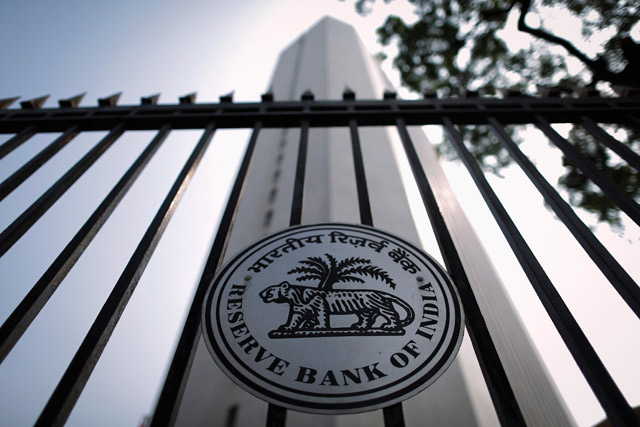Those having ability to pay but still defaulting and thwarting lenders efforts for recovery of their dues by hiding information would be classified as non-cooperative borrowers, RBI said today.
Modifying the definition of a non-cooperative borrower, Reserve Bank said: “In effect, a non-cooperative borrower is a defaulter who deliberately stonewalls legitimate efforts of the lenders to recover their dues.”
It will also include those not engaging constructively with the lender, do not provide necessary information sought, deny access to assets financed/collateral securities and obstruct sale of securities.
Borrowers with aggregate fund-based and non-fund based loans (like bank guarantee and letter of credit) of Rs 5 crore can be classified as non-cooperative in such instances, RBI said in a release. If a bank lends more to non-cooperative borrowers, they may have to provide more capital. The guidelines say that “if any particular entity …is reported as non-cooperative, any fresh exposure to such a borrower will by implication entail greater risk necessitating higher provisioning.”
A non-cooperative borrower in case of a company will include, besides the company, its promoters and directors (excluding independent directors and directors nominated by the government and the lending institutions).
For business enterprises (other than companies), non-cooperative borrowers would include persons in charge and responsible for management of the business.
The new criterion for non-cooperative borrowers will replace the one released in February.
Banks or financial institutions (FIs) will be required to report information on their non-cooperative borrowers to Central Repository of Information on Large Credits (CRILC) set up by the RBI so as to collect, store, and disseminate credit data to lenders.
PTI
)